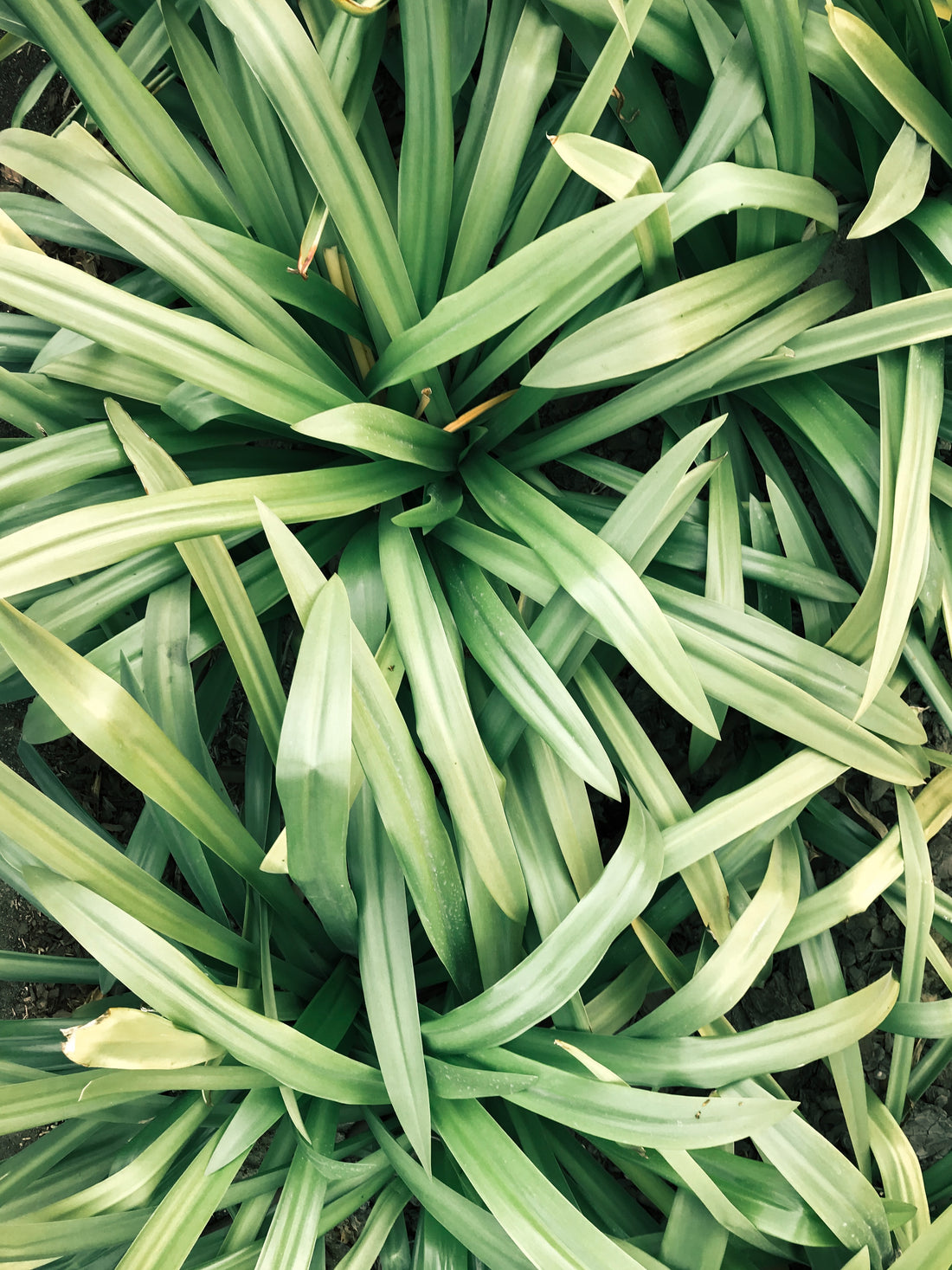What is Lemongrass Essential Oil made of?
Lemongrass Essential Oil is derived from the fresh or partly-dried leaves of the Cymbopogon citratus, a tall perennial grass native to tropical and subtropical regions, such as India, Sri Lanka, and Southeast Asia.
The beneficial properties of Lemongrass Essential Oil can be attributed to its primary compounds, such as citral, geraniol, and myrcene, which provide the oil its characteristic fresh, lemony, and earthy scent.
- Latin Name: Cymbopogon citratus
- Main Country of Origin: India
- Scent Note Type: Top note with a strong, lemony, and herbaceous aroma
- Most Popular Usage: Aromatherapy and Topical Use
What are the benefits of using Lemongrass Essential Oil?
Lemongrass Essential Oil offers a variety of potential benefits:
- Mood Enhancer: Its invigorating scent can help alleviate symptoms of stress and anxiety.
- Pain Relief: It may alleviate muscle and joint pain when used topically.
- Antifungal and Antibacterial Properties: It can help inhibit the growth of bacteria, fungus, and mold.
- Insect Repellant: It is commonly used to ward off insects.
How to use Lemongrass Essential Oil?
- Aromatherapy: Add a few drops to a diffuser to uplift the mood and purify the air in your environment.
- Topical Treatment: Dilute with a carrier oil and apply to the skin to relieve pain or for its antifungal benefits.
- Insect Repellant: Use in a diffuser or apply to skin (diluted) to keep insects away.
How to combine Lemongrass Essential Oil with Carrier Oils
Lemongrass Essential Oil blends well with carrier oils like jojoba oil, sweet almond oil, or coconut oil. For topical use, mix 2-3 drops of Lemongrass Essential Oil with a tablespoon of your chosen carrier oil.
To create a diffuser blend, add 4-5 drops of Lemongrass Essential Oil to the recommended amount of water in your diffuser.
Research based on Lemongrass Essential Oil
"Antifungal Activity of the Lemongrass Oil and Citral against Candida spp." (2008, www.ncbi.nlm.nih.gov): This study suggests that Lemongrass Essential Oil has potent antifungal properties against Candida spp.
"Anxiety-like behaviour and c-fos expression in rats that inhaled linalool" (2008, www.ncbi.nlm.nih.gov): The research discusses the potential anxiolytic (anxiety-reducing) properties of linalool, a component found in lemongrass oil.
"Repellency of essential oils extracted from Thai native plants against Aedes aegypti (Linn.) and Culex quinquefasciatus (Say)" (2005, www.ncbi.nlm.nih.gov): This study highlights the effectiveness of Lemongrass Essential Oil as a natural insect repellent.
Frequently Asked Questions
Q: Is Lemongrass Essential Oil safe for all skin types?
A: Yes, but it should always be diluted with a carrier oil. A patch test is recommended for first-time users.
Q: Can I ingest Lemongrass Essential Oil?
A: It depends upon whether the manufacturer has produced the oil to be ingested or purely for topical and aromatic purposes. For example, Avivni's Lemongrass Essential Oil has organic and purity certifications, however, we still don't recommend ingesting essential oils without consulting a physician (or holistic physician) simply because every person's body reacts differently. No essential oil should ever be ingested in its pure, undiluted form.
Q: Is Lemongrass Essential Oil safe for pets?
A: Many essential oils can be harmful to pets, especially cats. Always consult with your vet before introducing any new essential oil into your pet's environment.
Q: Can Lemongrass Essential Oil be used during pregnancy?
A: Pregnant or nursing women should always consult with a healthcare provider before using any essential oils.
Q: Does Lemongrass Essential Oil have a shelf life?
A: Yes, it's best to use it within 2-3 years of opening for optimal quality.

